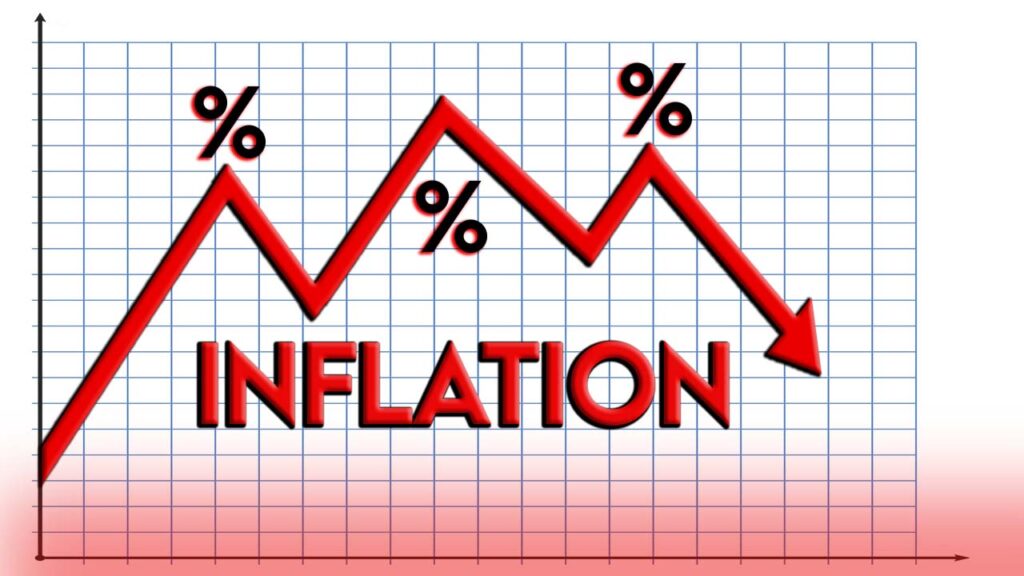The Minister of Finance and Coordinating Minister of the Economy, Wale Edun, has identified inflation as the most pressing challenge to stabilising Nigeria’s economy.
Despite rising inflation, Edun assured that the nation’s economy is on a steady path to recovery and growth.
He made these remarks on Monday in Abuja during the 2025 budget defence session before the Senate Committee on Finance.
On January 15, the National Bureau of Statistics (NBS) reported that Nigeria’s inflation rate rose to 34.80% in December 2024, up from 33.60% in November. This marked the fourth consecutive monthly increase.

Edun noted that inflation undermines economic reforms and growth, making its reduction a priority for the government in 2025 and beyond.
“The most critical issue in stabilising our economy is to bring inflation down and keep it low,” he said. “We are confident that significant progress will be made in the coming months. We anticipate that falling fuel prices, a key driver of inflation, will continue on their downward trajectory.”
He highlighted key economic reforms, including the liberalisation of the foreign exchange market, deregulation of petroleum pricing, and expansion of domestic refining capacity, as pivotal to economic stabilisation.
“These reforms, while challenging in the short term, are designed to deliver long-term benefits such as job creation, poverty alleviation, and enhanced economic resilience,” Edun explained.
The minister also emphasised the government’s commitment to infrastructure development, particularly in digital networks and energy, to boost productivity and attract private sector investments.
He reiterated the administration’s dedication to laying a foundation for sustained economic growth and improving Nigerians’ standard of living.
During the session, the Senate committee approved the Ministry of Finance’s ₦38 billion budget for 2025.
The committee commended the ministry’s leadership for its commitment to fiscal discipline and its efforts to revive the economy.


